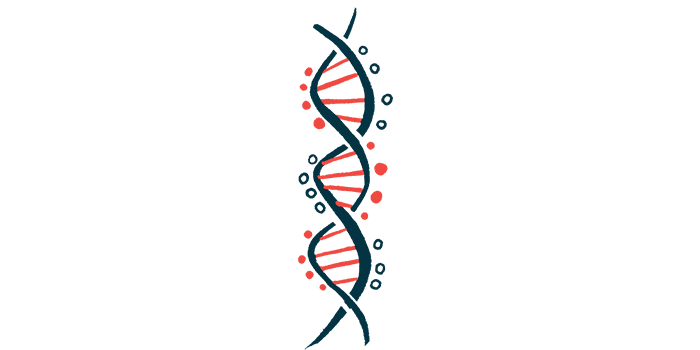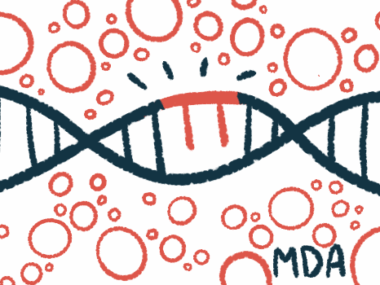Three DMD Gene Therapy Programs Terminated by Astellas, Citing Data
Written by |

Astellas Gene Therapies has terminated research and development of its gene therapy programs AT702, AT751, and AT753 for Duchenne muscular dystrophy (DMD).
The move was based on recent preclinical data, the company announced in a press release.
AT702, AT751, and AT753 are exon skipping medicines designed to treat people with DMD caused by certain genetic mutations in the DMD gene, which encodes the dystrophin protein, essential for muscle stability. Due to mutations in this gene, muscle cells cannot produce enough dystrophin, leading to progressive muscle weakness.
Exons are the specific segments in a gene that provide the instructions to make proteins.
The technology uses a modified, harmless adeno-associated virus (AAV) to deliver small molecules — antisense oligonucleotides — complementary to the gene of interest, allowing cells to skip over specific exons while generating proteins. The goal is to replace or restore dystrophin production in muscle cells.
Each of these three therapies target different DMD gene exons to treat distinct groups of patients. AT702 was designed to skip exon 2 and is meant for DMD patients who either have duplications in exon 2 or mutations in exons 1-5. AT751 is for those with mutations amenable to exon 51 skipping, and AT753 is for those with defects amenable to exon 53 skipping.
A mouse model with a DMD exon 2 duplication showed AT702 effectively promoted skipping of exon 2, resulting in a dose-dependent increase in dystrophin levels and improvements in muscle function. No clinically significant toxicity was seen in mice or nonhuman primates.
The data supported the launch of a Phase 1/2 clinical trial (NCT04240314) in three boys, ages 6 months to 13 years, with an exon 2 duplication in their DMD gene.
Conducted at the Nationwide Children’s Hospital (NCH) in Ohio, the one-time gene therapy was infused directly into their bloodstream at a dose of 3×1013 vector genomes per kilogram of body weight. Assessment of toxicity was set at two years of treatment.
Interim results after six months showed AT702 safely and effectively increased dystrophin levels in muscle biopsy samples and stabilized muscle function in two of the boys. The treatment was well tolerated, with temporary side effects including nausea, vomiting, and abdominal pain, but there were no serious side effects reported.
AT702 was originally developed by researchers at the NCH, then licensed in 2019 to Audentes Therapeutics, which was acquired by Astellas soon after.






